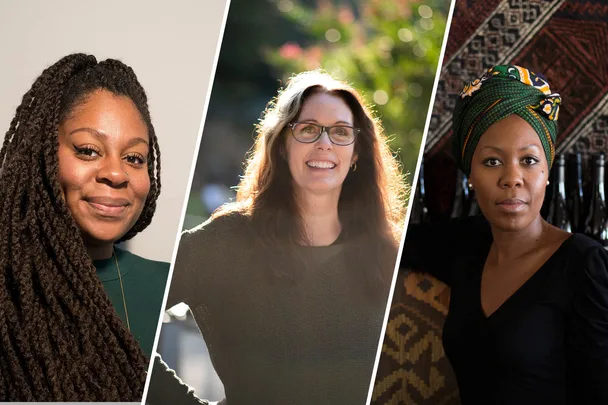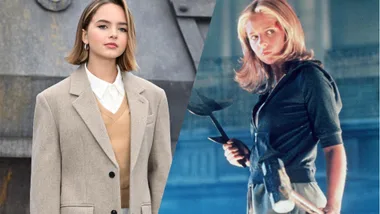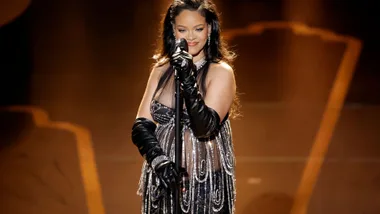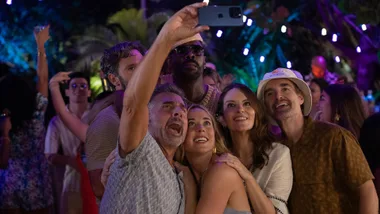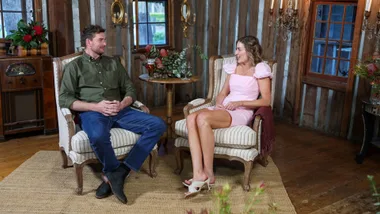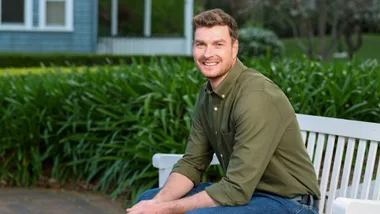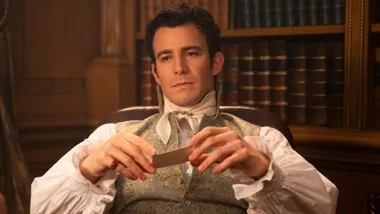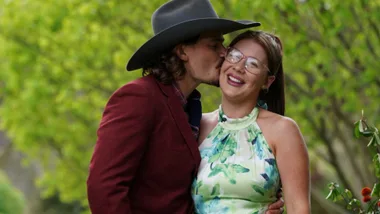New-release authors, Candice Carty-Williams, Laurie Halse Anderson and Sisonke Msimang, reveal the book that shaped their passion, ignited their soul and led to their feminist awakening.
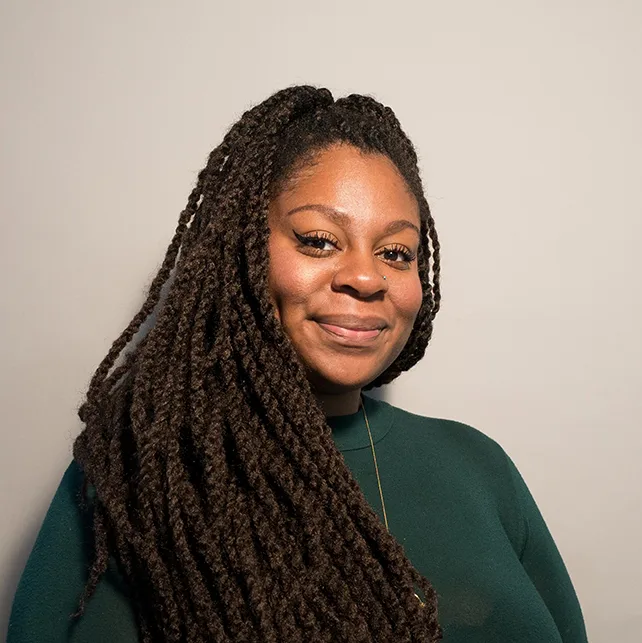
CANDICE CARTY-WILLIAMS
US author of Queenie (Hachette, $29.99)
I’ve been a feminist since before I could understand the term, but the first time that I could see my “version” of feminism was when I picked up Roxane Gay’s collection of essays, Bad Feminist. When I read the words “I embrace the label of bad feminist because I am human. I am messy. I am not trying to be perfect”, I sort of exhaled and let go of the idea of being some sort of infallible woman who was a feminist but didn’t always understand or subscribe to every element of the mainstream presentation of the movement. All of Gay’s work, but this in particular, reminds me that nothing about womanhood has ever, or could ever, be perfect, or tidy, without nuance or questioning. In my own book, the lead character Queenie is propelled through the novel by her flaws; her treatment at the hands of men becomes the motor that moves her through her 25th year. But I understand that that’s OK, because feminism is often a process of learning and understanding our place in the world, and it’s up to us to sculpt how we are going to be defined by our personal politics. Every woman should read Bad Feminist.
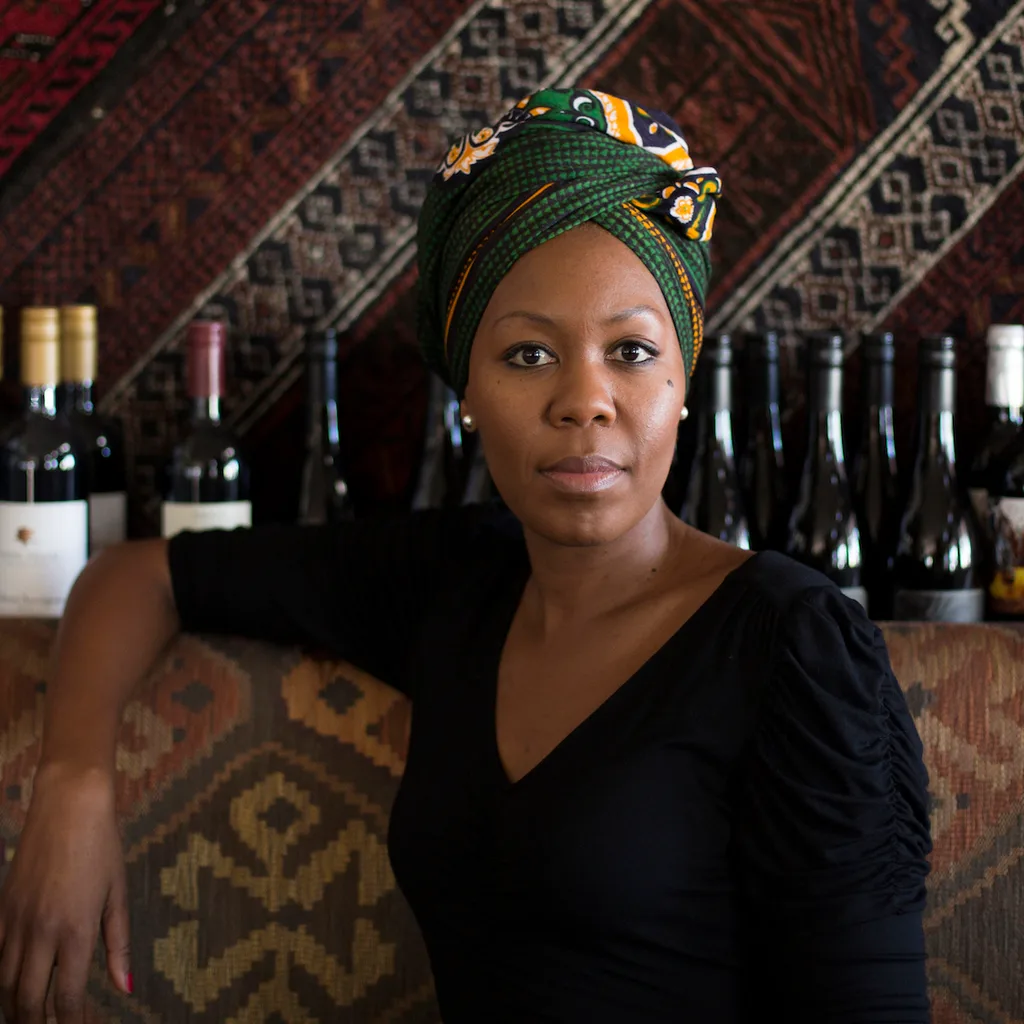
SISONKE MSIMANG
South African author of The Resurrection of Winnie Mandela (Text Publishing, $14.99)
When I was in university, I read a lot of poetry – it was an easy way into the difficult issues I was trying to figure out about the world: racism, sexism, injustice. I cared very much about the fact the world was so unfair, but reading about it was often incredibly depressing. Poetry was beautiful and often intense, but short. So you could read a poem and put it down and sit with it and think – a whole world in a few lines. So I found African-American poets who were mainly women. Lucille Clifton, Sonia Sanchez, Audre Lorde, Nikki Giovanni, Mari Evans and Margaret Walker – they made me stand taller and also had a way of making sense of the experiences of the country I was living in, which was America. They went beyond this, of course, because intellect and observation – when crafted well – are universally important and interesting. Part of why I loved them was because they insisted on being who they were: complex and quirky and observant and true. One of my favourites is a poem called Here Rests written by Lucille Clifton. It is an ode to her dead sister and its final lines are just brilliant:
“MAY HEAVEN BE FILLED WITH LITERATE MEN, MAY THEY BED YOU WITH RESPECT”
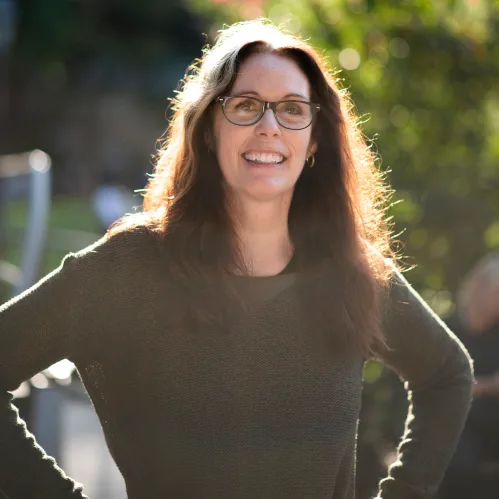
LAURIE HALSE ANDERSON
US author of Shout (Text Publishing, $24.99)
In 1971, when I was 10, my legs grew long and my spirit grew restless as I began paying attention to the world. I didn’t like what I saw. The employment section in the newspapers separated the Jobs for Women from the Jobs for Men. Men had a bounty of choices. Women had to make do with the crumbs – and t into boxes labelled “Nurse”, “Teacher” or “Wife”. That summer I read Little Women. I was enchanted by the historical setting and the March family, but it was Jo who really changed my life. Her frustrations about not fitting in, her desire to write and her constant determination to forge her own path was the example I needed. In a time when girls had even fewer choices than I did, Jo claimed the life she wanted. By the time I turned 11, Jo’s example had made me into a proud feminist.
This article originally appeared in the July issue of marie claire.
